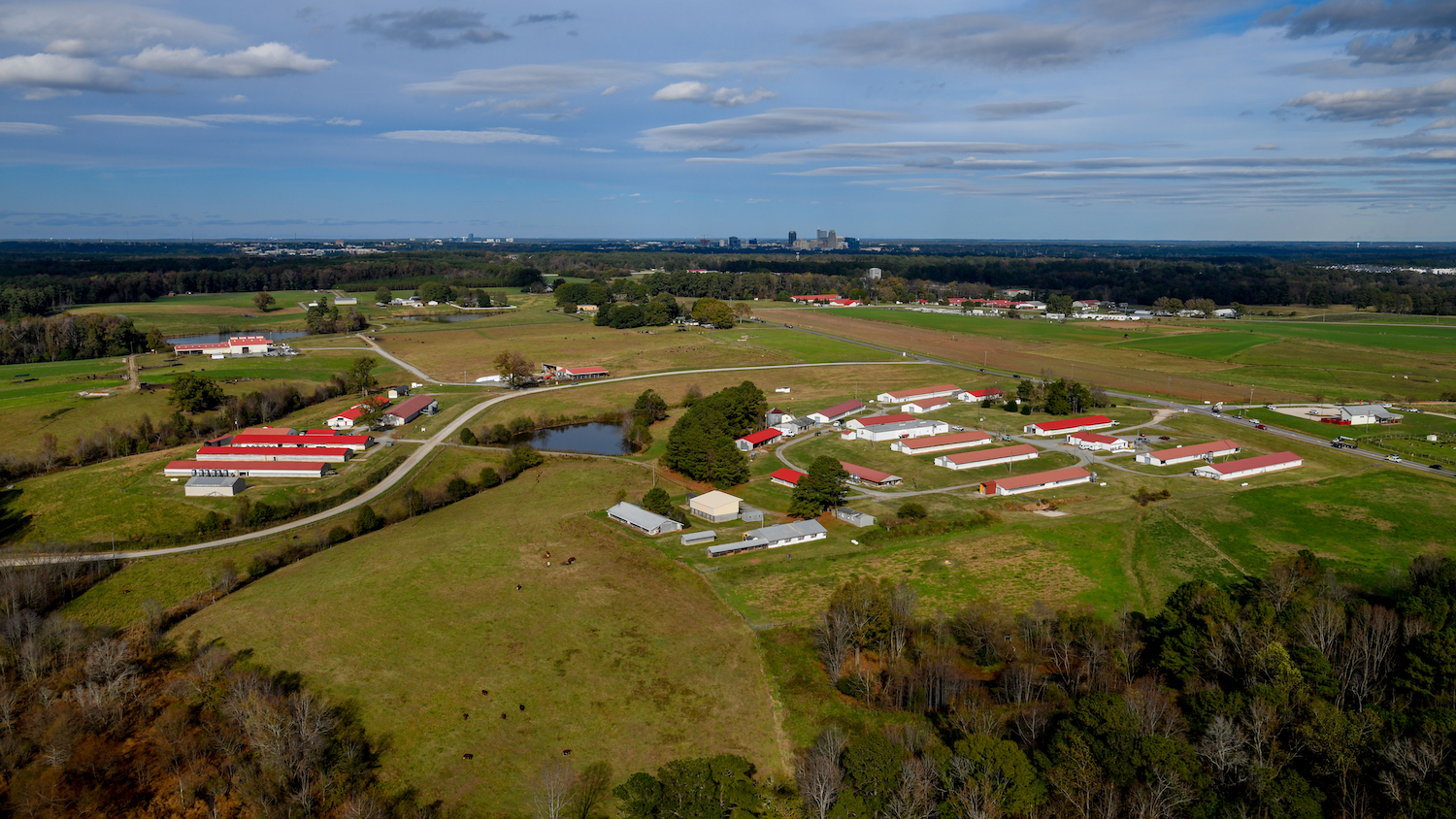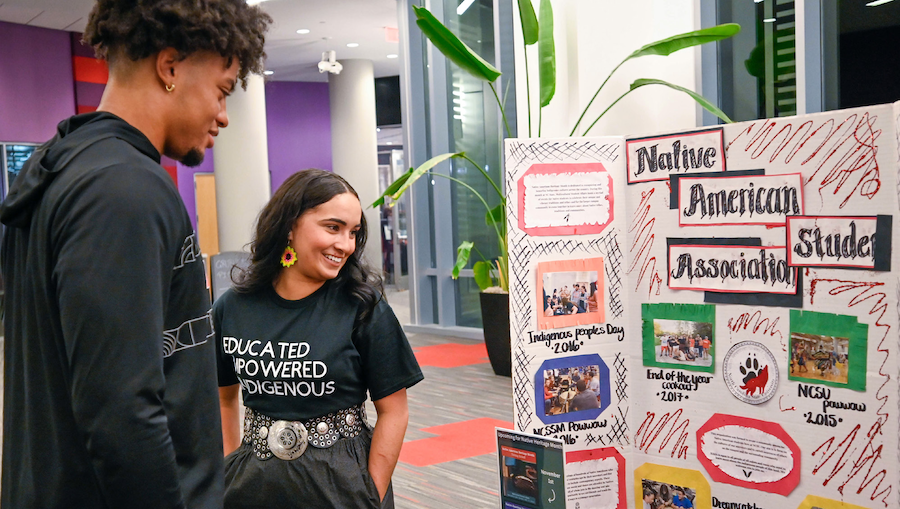A Place for Every Child
For some children, summers can be daunting times filled with uncertainty, lack of clear schedules and even hunger. But agents and staff are working hard to make sure at-risk kids have a place at North Carolina’s 4-H summer camps.
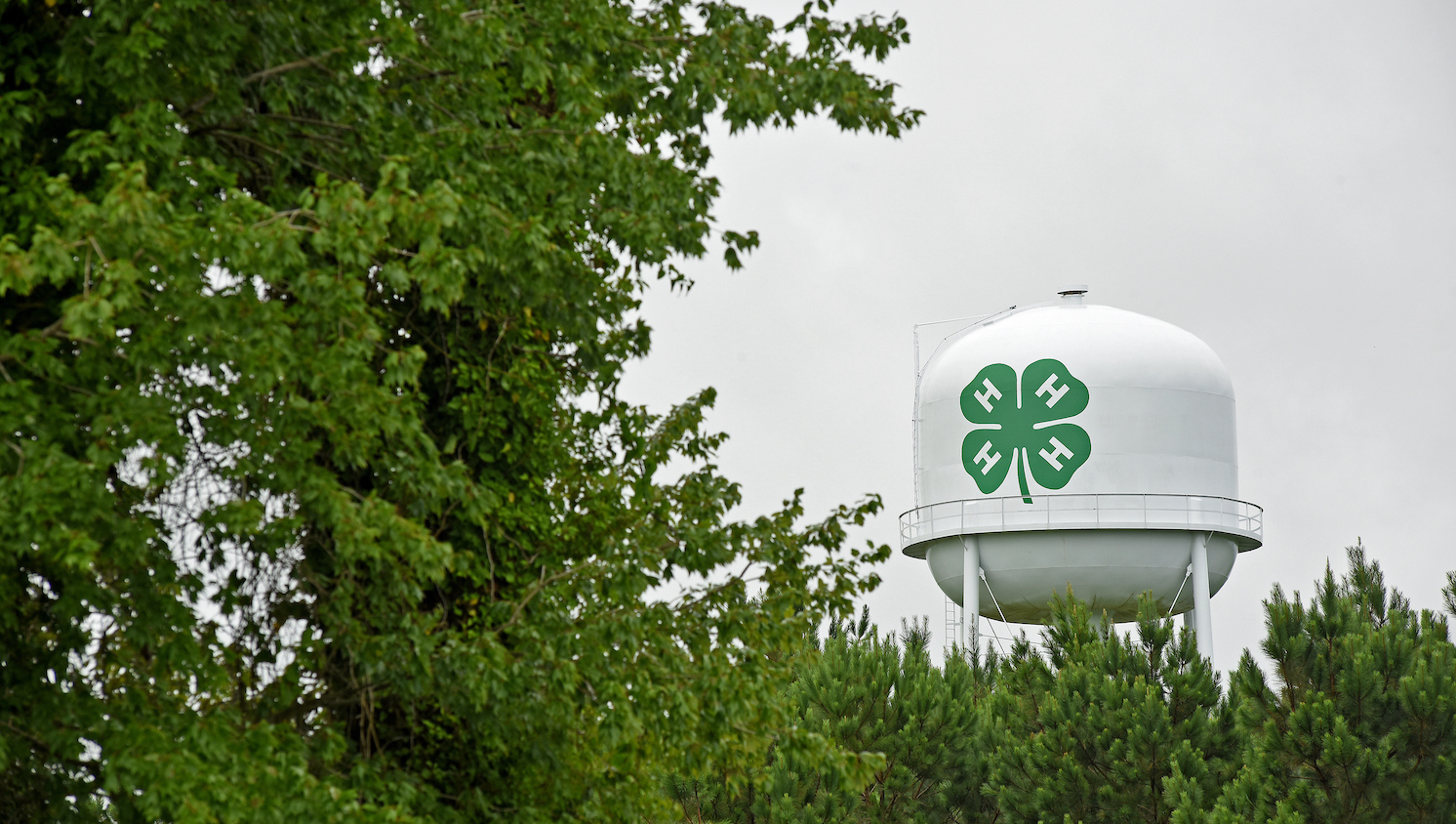
As summer approaches, thoughts turn toward a relaxed, carefree time. For many of us, summer plans are already in the works—the family vacation, weekends at the pool and, best of all, summer camp for the kids.
While summer is a time of great anticipation for most children, for others it can be a daunting time filled with uncertainty, lack of a clear schedule, and sometimes even hunger as school breakfast and lunch programs take a break.
Economic disadvantages manifest themselves in many ways, from the child lacking supervision because a single parent works three jobs to pay for rent and food, to the foster child bounced from home to home because of trauma that was not their fault, to the teen living in a home where there is drug abuse or other addictions. Kids facing situations like these need a supportive adult to help them clear the hurdles life has in store for them.
Summer vacation and summer camp have just been more dreams unfulfilled. For 4-H agents and staff, those are kids’ dreams worth fulfilling.
4-H Makes Camp Accessible
4-H is the largest youth organization in North Carolina, serving more than 200,000 children and teens statewide through local Cooperative Extension centers in every county. And most of those counties make visits to 4-H summer camps a reality for local youth. While many kids attending camp have parents or grandparents paying their camp tuition, about one-third of campers could not afford to attend without the work of dedicated 4-H, Extension and partner staff, as well as program donors.
“4-H, at both the national and state levels, wants to provide the summer camp opportunity to every youth. But there have been times when our national organization has not had the resources to fund scholarships. In 2019, NC 4-H established our own state scholarship program, and we work hard to find the funds to serve the most vulnerable,” said Angela Brisson, 4-H camping program assistant for NC State Extension.
“The 4-H camp model naturally facilitates positive mental health outcomes for youth, and camp becomes a place of belonging and family.”
The state scholarship program has historically provided camp to most kids who apply. About 175 youth attending 4-H summer camp in 2022 did so thanks to state funds, donor gifts and the hard work of 4-H camp staff.
For vulnerable young people, Brisson said, the experience is priceless.
“The 4-H camp model naturally facilitates positive mental health outcomes for youth, and camp becomes a place of belonging and family. Our camp staff receive specialized training to meet the needs of our most vulnerable campers.”
How to Make
Dreams Come True
NC State Extension and 4-H work hard to educate potential financial donors about the opportunity to provide disadvantaged kids with “camperships,” 4-H camps’ version of a scholarship, and a number of agents across the state go the extra mile to bring the dream of camp to deserving children.
For Ginger Cunningham and Liz Mauney in Chatham County, a single extra mile is not enough. These dedicated 4-H educators go miles beyond the expected.
“Youth can find a safe place in 4-H,” said Cunningham, the county Extension director and 4-H youth development agent, “so we partner with organizations as a way to find youth that need help.”
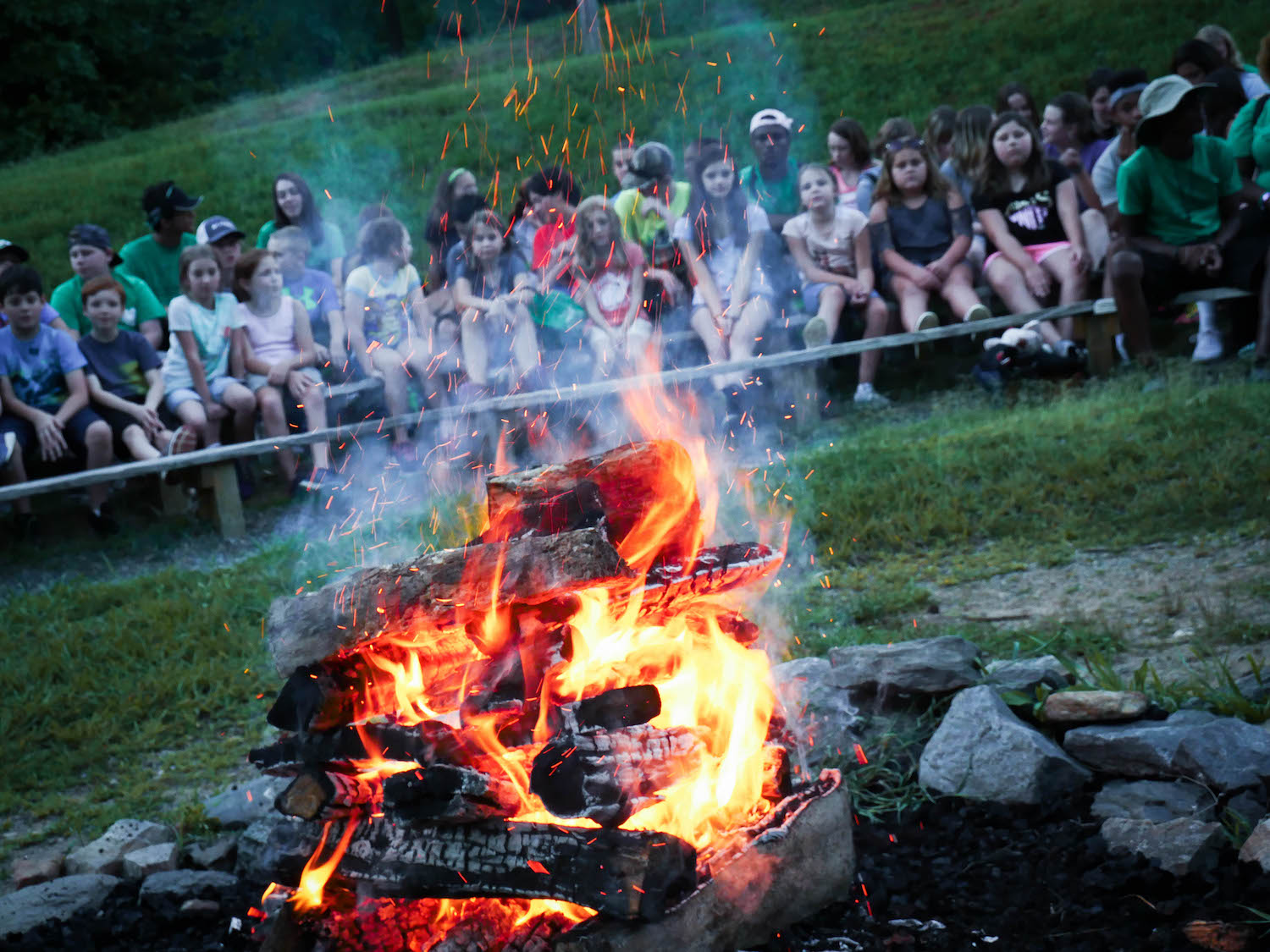
Communities in Schools (CIS) in Chatham County is one such organization. Cunningham and Mauney, a 4-H program assistant, work closely with Shirille Lee, CIS’ General Youth Services’ Youth First program coordinator, to identify and support vulnerable kids who would benefit from 4-H summer camp.
When Mauney and Cunningham started working in Chatham County, the partnership between Extension and CIS had already been built. “From Shirille I learned that what I see of local youth is not the full picture. I realized that I can’t see what (their) home life is like,” Cunningham said.
With the help of Lee, CIS children could not only be better identified, but it became far easier to connect with guardians. “We tried to get at-risk kids to be a part of our camp program, but found that they don’t always have access to computers. Now, Shirille gets the information from 4-H online out to everyone,” Mauney said. “Having a trusted partner at CIS keeps the mission going.”
“When Ginger came on board at 4-H, CIS was struggling to get kids to camp. Camp forms were a barrier as few families completed them on time. Our partnership with 4-H has changed that,” said Lee. “About 85% of our CIS kids are from single-parent homes. Parents don’t have time to check homework, go to ball games and fill out forms. We provide volunteers to work with youth, who can go to school and check in, and who can connect with parents,” she said of CIS’ role.
Cunningham and Mauney praise CIS’ logistical support as well as the support received from other partners. “We have been blessed with funds from the United Way that we have used for transportation and camp scholarships. Where our funding has, at times, been cut short, partners have stepped up. FACES of Chatham has been a great new partner, helping with funding but also with mentoring youth,” Mauney said. “In Chatham, we have built a support system to both find the youth and to find the people that can help remove the financial barriers.”
Why Summer Camp?
“Summer camp is the ultimate opportunity for our children to get away from home and establish a certain amount of independence. They meet other kids from other parts of the state; they make new friends and they experience new things,” Lee said. Without 4-H and donor support, at-risk children might not get the opportunity.
“Camp has a huge impact on our kids. They hear the stories of other kids and it helps them evaluate their own lives. The value of camp—I can’t even explain it,” she said.
Mauney agreed. “Camp is their time to be kids. Camp is fun. You don’t have to worry about meals, about having a bed or about having structure. This is their vacation.”
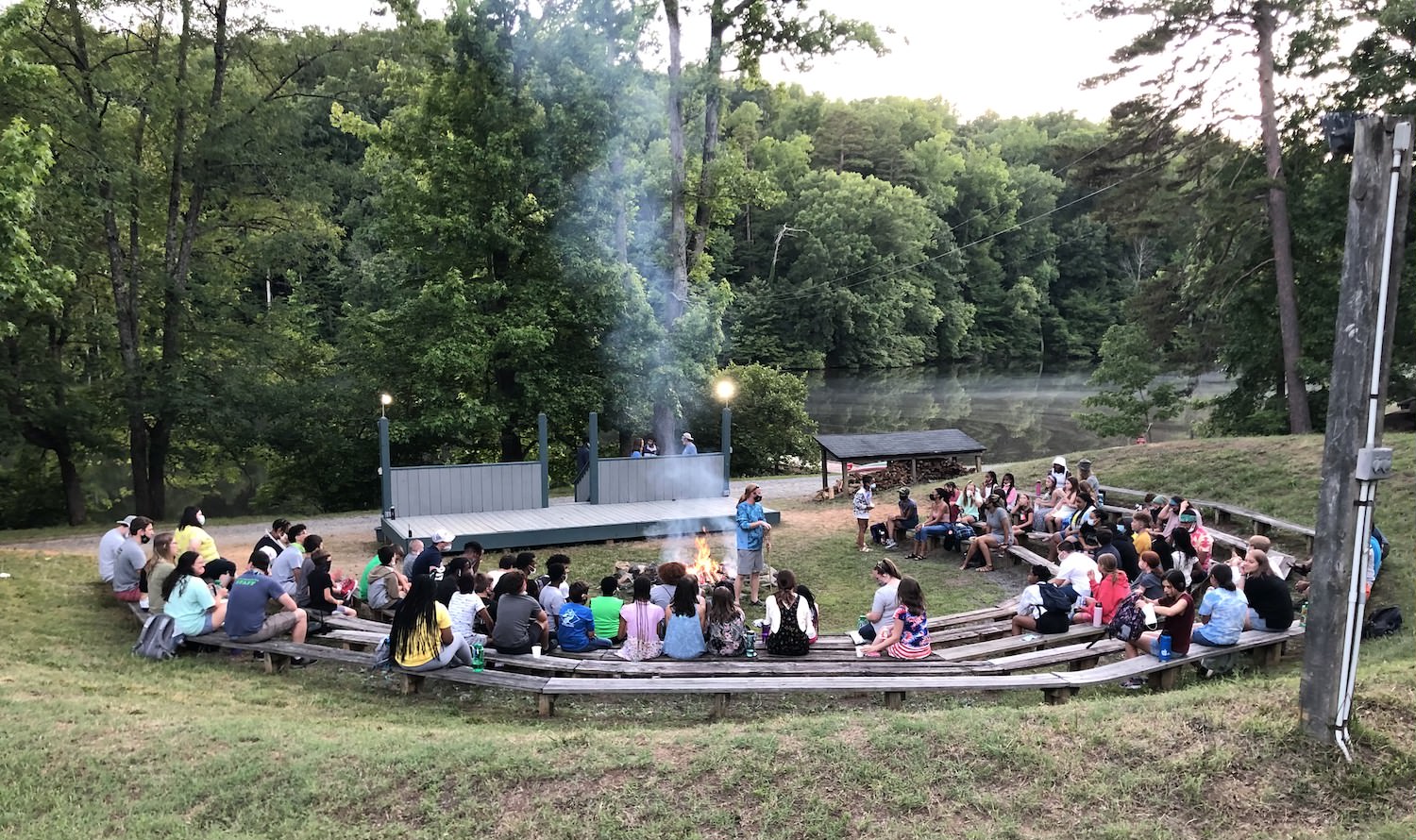
Camp experiences can have a profound impact, Brisson said.
At-risk “kids are often dealing with really big problems in their day-to-day lives, but when they come to camp, the biggest challenges they face are things like making sure they have their water shoes for canoeing or not burning their marshmallows at campfire,” Brisson said. “That may seem small, but it’s a huge opportunity where they get to just be a kid for a week, to live and play in a safe, supportive environment with caring adults. That has a lasting impact far beyond the week of camp.”
For Cunningham, there is no question of why camp is important to at-risk youth. “We take them to camp, then encourage them to participate in 4-H. For some kids, camp is a week away from wherever they find themselves living,” she said. “It is a week of something steady and steadfast. In the words of one of our former campers, ‘There was always camp.’”
- Categories:
